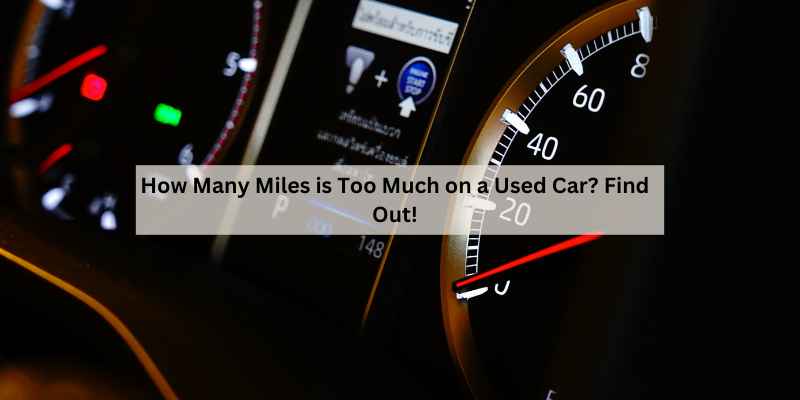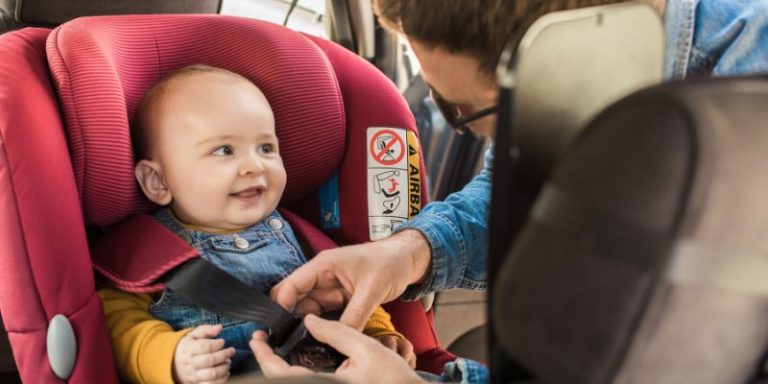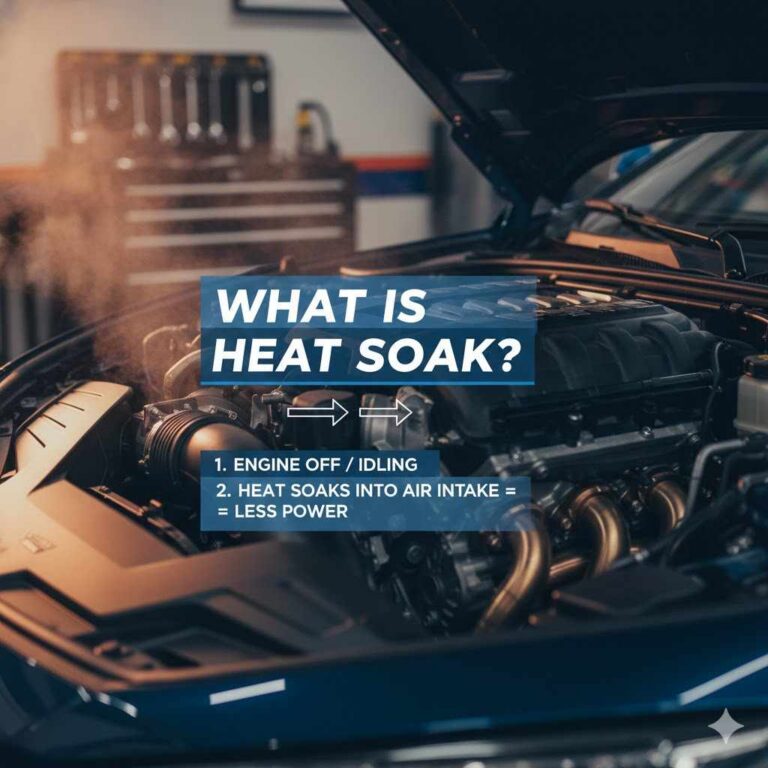How Many Miles is Too Much on a Used Car? Find Out!
A used car with over 100,000 miles may raise concerns about reliability. Generally, anything above 150,000 miles is considered high mileage for most vehicles.
Buying a used car can be a smart financial choice, but mileage plays a crucial role in your decision. Many buyers wonder how many miles are too much for a used vehicle. Higher mileage often signals more wear and tear, leading to potential repairs.
However, a well-maintained car with high mileage may still be a good option. Factors like the vehicle’s make, model, and service history also influence its longevity. Understanding these aspects helps you make an informed decision, ensuring you invest in a car that suits your needs and budget.
Evaluating Mileage: More Than Just A Number
Mileage is just one part of a car’s story. Other factors play a big role. Maintenance history shows how well the car was taken care of. A car with high mileage but regular service can be a better choice.
Driving conditions also matter. Cars used mostly on highways often last longer than those used in city traffic. Age of the vehicle affects its overall condition too. An older car with low mileage may have hidden issues.
Brand reputation can impact reliability. Some brands are known for lasting longer. Accident history is crucial. A car in a major accident may have more problems, regardless of mileage.
Always consider these factors alongside mileage. A comprehensive evaluation leads to a better buying decision.
Average Annual Mileage Insights
The average annual mileage for a car is about 12,000 to 15,000 miles. Cars with over 15,000 miles per year may be considered high mileage. High mileage can affect a car’s value and longevity.
Many buyers worry about high mileage. Maintenance history is crucial for high-mileage cars. A well-maintained car can still be a great buy.
| Annual Mileage | Classification |
|---|---|
| Below 12,000 miles | Low Mileage |
| 12,000 – 15,000 miles | Average Mileage |
| Above 15,000 miles | High Mileage |
The Lifecycle Of A Vehicle
Cars go through typical wear and tear as they age. Mileage is a key factor in this process. Generally, a vehicle experiences significant wear after 100,000 miles. Important components like the engine and transmission may start to fail around this point.
Here’s a quick look at major car components and their typical lifespan:
| Component | Mileage Before Issues |
|---|---|
| Brakes | 30,000 – 70,000 miles |
| Tires | 25,000 – 50,000 miles |
| Battery | 3 – 5 years |
| Transmission | 100,000 miles |
Regular maintenance can help prolong a car’s life. Keep an eye on the mileage to avoid expensive repairs.
Beyond The Odometer: Assessing Car Condition
The maintenance history of a used car is very important. Regular services can show how well a car was cared for. Check if the oil was changed and if the brakes were maintained. This information can help you decide if a car is a good buy.
Physical condition also reveals much about a car. Look for rust, dents, and scratches. A well-kept car usually has fewer visible issues. Inspect the tires for even wear. This can indicate how the car was driven.
Always test drive the vehicle. Listen for any strange sounds while driving. Pay attention to how it handles. A smooth ride can mean good maintenance.
High-mileage Cars: Myths Vs. Reality
Many people believe that high-mileage cars are always bad. This is not true. A well-maintained vehicle can run smoothly, even with high miles.
Some myths suggest that high mileage means more repairs. In reality, many cars last longer than expected. Regular maintenance is the key to longevity.
High-mileage vehicles often cost less. This can be a great way to save money. They might also have a proven track record of reliability.
| Advantage | Description |
|---|---|
| Lower Cost | High-mileage cars usually have lower prices. |
| Reliability | Well-maintained cars can last many more miles. |
| Less Depreciation | Value drops less after the first few years. |
Making The Right Choice: Mileage Vs. Age
Choosing between mileage and age is important for buying a used car. Miles tell how much the car has been driven. Years show how old the car is. A newer car may have high miles. An older car might have low miles. Both factors affect a car’s value.
High mileage can mean more wear and tear. Low mileage often suggests less usage. Age affects technology and safety features. Newer models may offer better technology.
Consider your driving habits. Daily commuters might prefer lower miles. Weekend drivers could choose an older, higher-mileage car. Think about repairs and maintenance costs too.
Smart Buyer’s Guide To High-mileage Cars
Before buying a high-mileage car, perform essential checks. Look for signs of wear and tear. Inspect the engine and transmission for any issues. Check the tires for uneven wear, which indicates alignment problems.
Review the maintenance history. A well-maintained car will have fewer problems. Ask for service records to understand past repairs. A vehicle history report can reveal accidents or title issues.
For negotiating the price, start with research. Know the market value of the car. Point out any problems found during the inspection. Be prepared to walk away if the price is too high.
Use comparable sales to strengthen your negotiation. Show similar cars with lower prices. Always be polite but firm during discussions.
Future-proofing Your Purchase
High-mileage cars can have hidden costs. Predicting longevity is key. Check the maintenance history. Cars with regular service tend to last longer.
Consider future expenses. Tires, brakes, and batteries might need replacement sooner. Budgeting for repairs is essential.
| Factor | Consideration |
|---|---|
| Warranty | Check if the car has a remaining warranty. |
| Insurance | High-mileage cars may have higher insurance rates. |
| Repair Costs | Older cars might require more frequent repairs. |
Case Studies: High-mileage Car Success Stories
Many high-mileage cars have surprising success stories. For example, a 2004 Honda Accord reached over 300,000 miles. Owners praised its reliability and fuel efficiency. Another case is the Toyota Camry, which often exceeds 200,000 miles with regular maintenance.
Long-term owners share valuable lessons. Regular oil changes and check-ups are essential. Keeping tires in good shape helps with fuel economy. Many recommend using high-quality parts for repairs.
Documentation of service history boosts a car’s value. Buyers should look for cars with a solid maintenance record. Also, understanding a vehicle’s specific needs can prevent future issues.
| Car Model | Mileage Achieved | Owner Feedback |
|---|---|---|
| Honda Accord | 300,000 miles | Reliable and fuel-efficient |
| Toyota Camry | 200,000 miles | Great longevity with maintenance |
Frequently Asked Questions
How Many Miles Is Too Many For A Used Car?
Generally, a used car with over 100,000 miles is considered high mileage. However, the condition and maintenance history play crucial roles. A well-maintained vehicle may still perform excellently even with high miles. Always consider the make and model, as some are built to last longer.
What Mileage Is Best For A Used Car?
The ideal mileage for a used car typically ranges from 30,000 to 60,000 miles. Cars in this range often have a good balance of price and reliability. They are usually still under warranty and have more life left. Always review the maintenance records for assurance.
Does Mileage Affect Used Car Value?
Yes, mileage significantly impacts a used car’s value. Lower mileage usually means a higher resale price. Cars with higher mileage may require more maintenance, which buyers consider. Always compare similar models and their mileage to determine the best value for your purchase.
How Can I Check A Used Car’s History?
You can check a used car’s history using services like Carfax or AutoCheck. These reports provide valuable information about previous owners, accidents, and service records. This ensures you make an informed decision. Always request a history report before finalizing your purchase.
Conclusion
Assessing mileage on a used car is crucial for making a wise purchase. A vehicle with high miles may still offer value if it has been well-maintained. Always consider factors like service history and overall condition. Doing thorough research ensures you make an informed decision that suits your needs.







